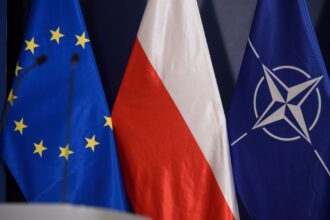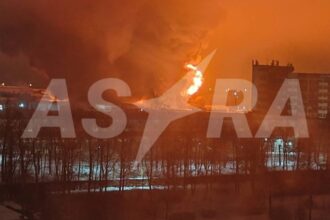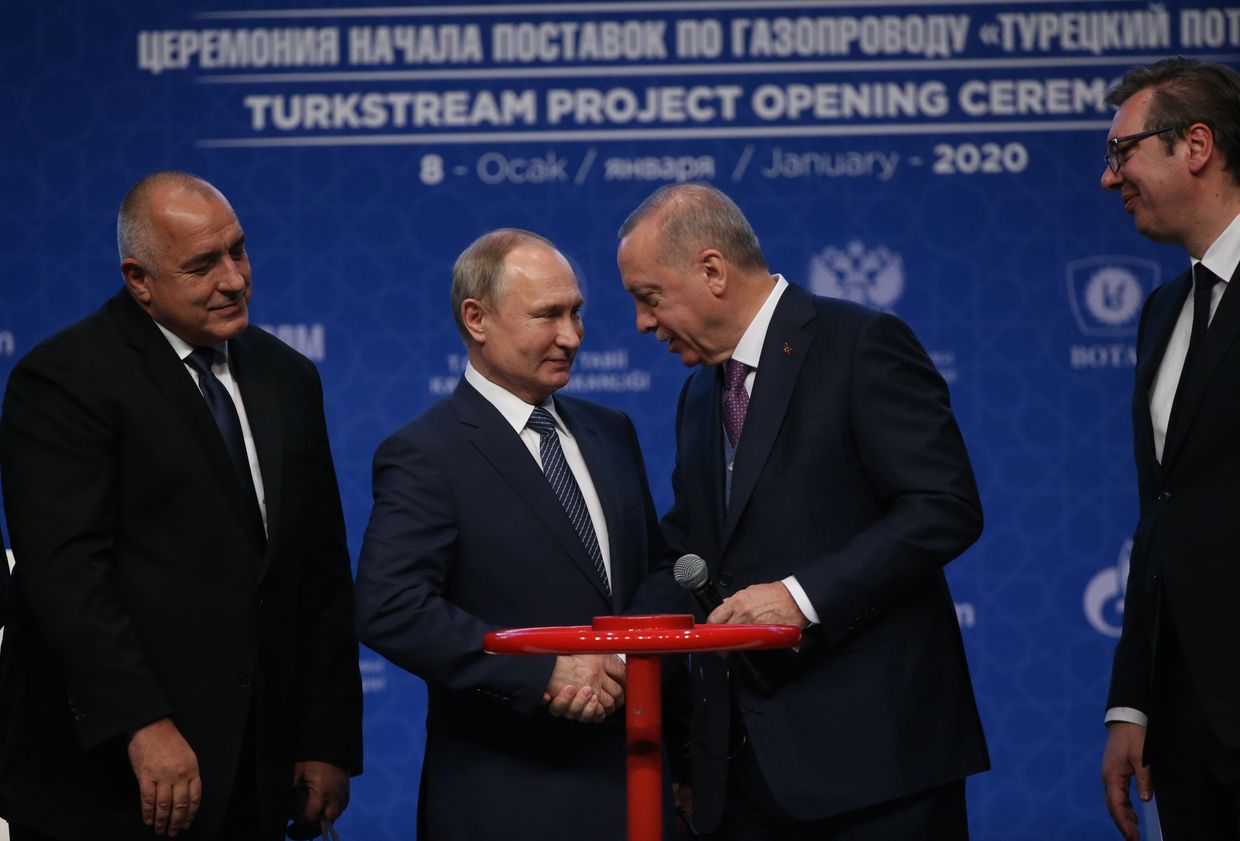The article discusses how Russia’s gas sector is facing challenges after the end of the gas transit deal with Ukraine. Here are some key points:
1. **Loss of cheap gas sales**: Russia lost its cheap gas transit deal with Ukraine, which meant it could no longer earn $800 million annually from transporting Russian gas to Europe.
2. **LNG exports constrained**: Russia’s LNG sector is also facing challenges due to Western sanctions on new and future projects, including the Arctic LNG 2 project, which was launched in late 2023 but has since cut production to almost zero.
3. **Sanctions impact**: Sanctions have blocked Russia’s access to critical equipment like tankers and liquefaction technology, making it difficult for Russia to increase its LNG exports.
4. **Alternative buyers scarce**: Even if Russia manages to increase its LNG output, finding secure buyers may be challenging, particularly if the EU heeds calls to ban Russian LNG imports this year.
5. **EU’s energy security at risk**: Europe will feel an expensive knock-on effect as Slovakia, Austria, and Czechia will have to pay more to source and transport non-Russian gas, while Western Europe (Germany) will have to increase gas flows to the east to replace lost Russian gas.
6. **Ukraine prepared for retaliation**: Ukraine is preparing for Russia to attack its gas transit network in retaliation, but Ukraine is “well prepared” to repair and restore damaged infrastructure.
Overall, the article suggests that Russia’s gas sector is facing significant challenges due to the end of the transit deal with Ukraine and Western sanctions on new LNG projects.




